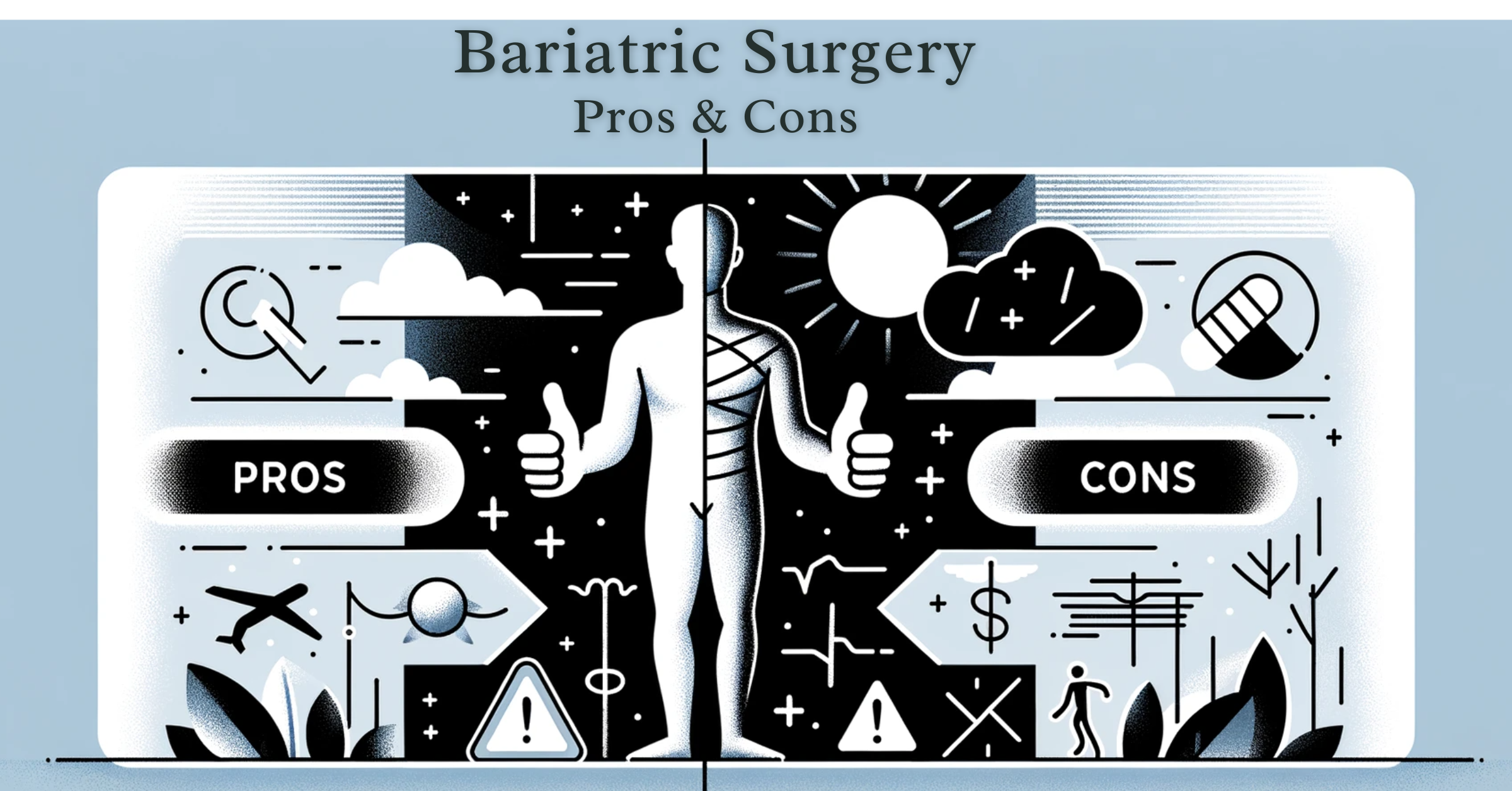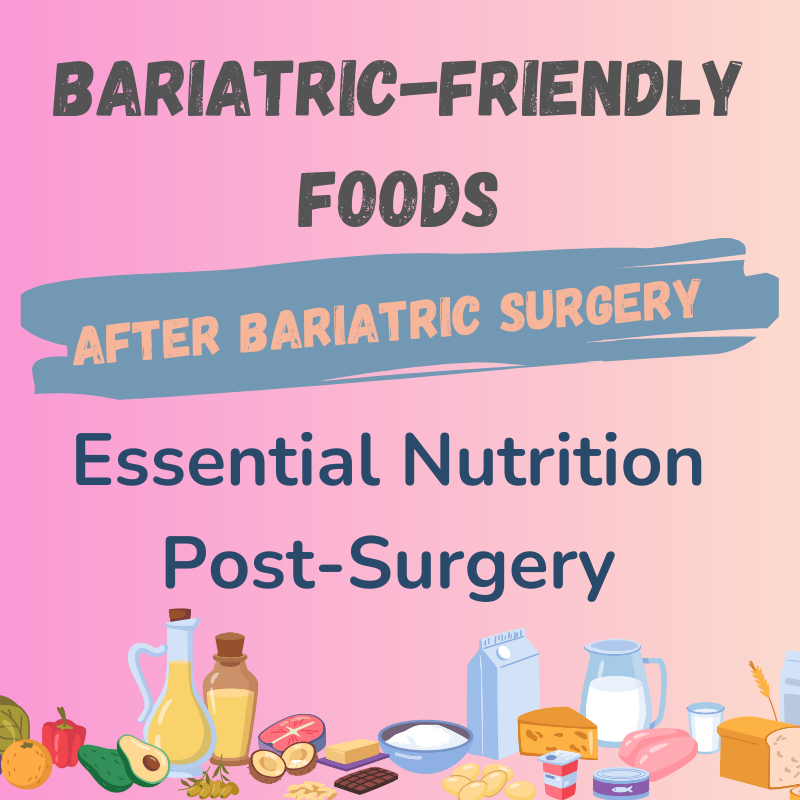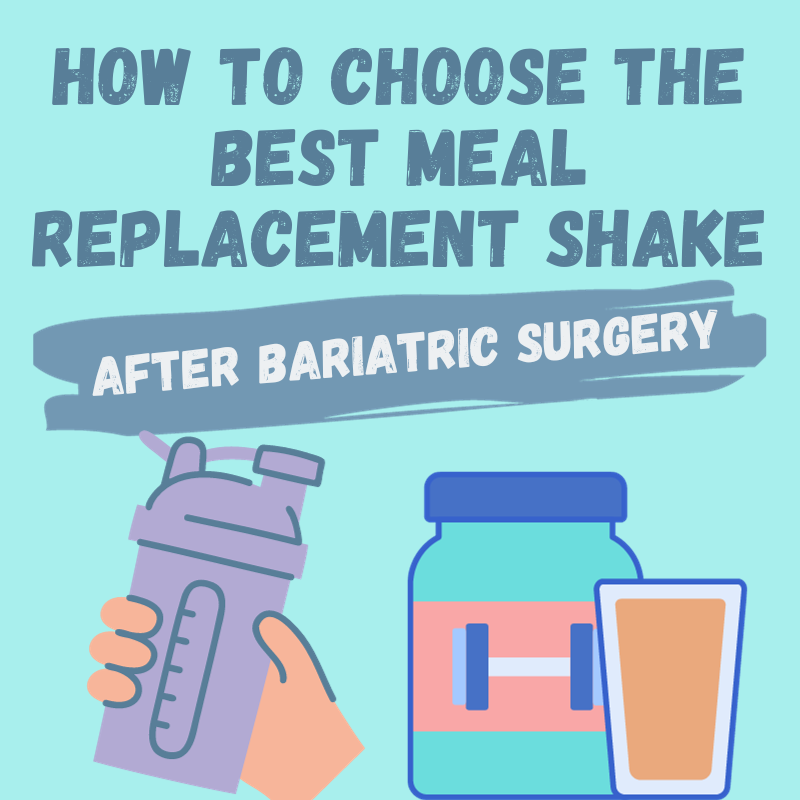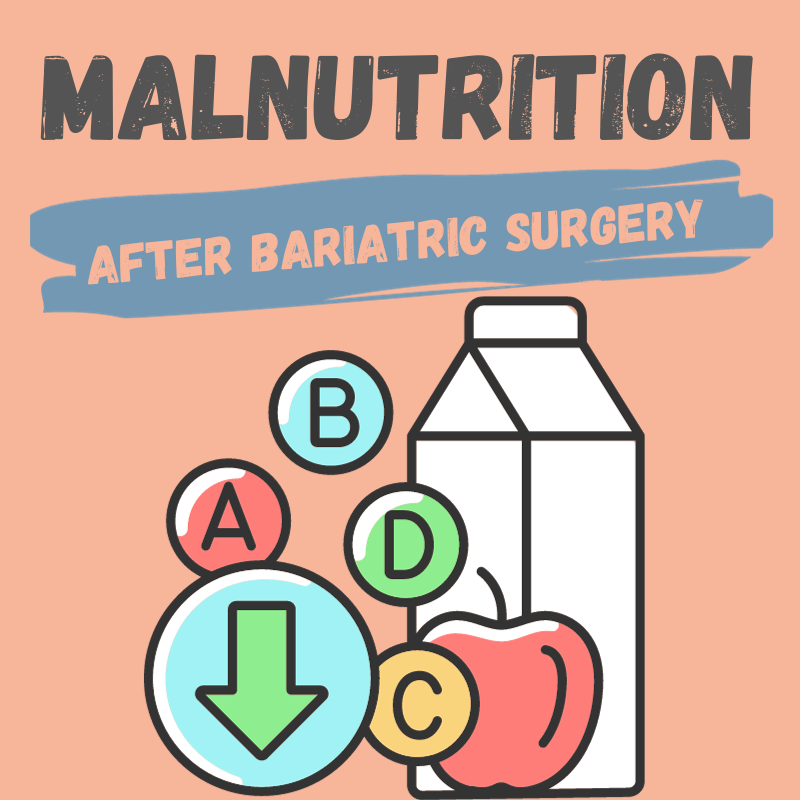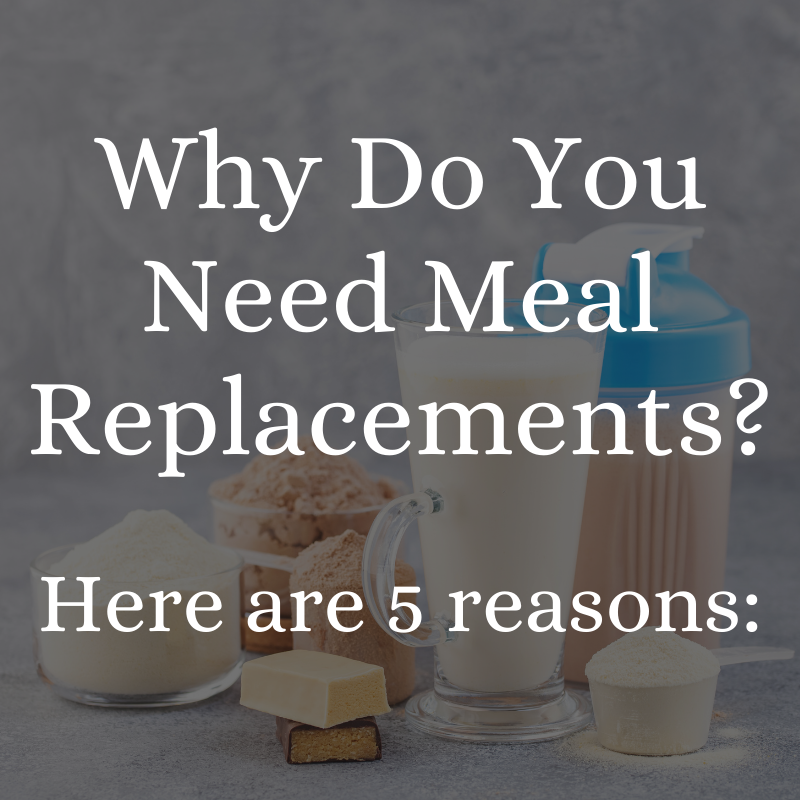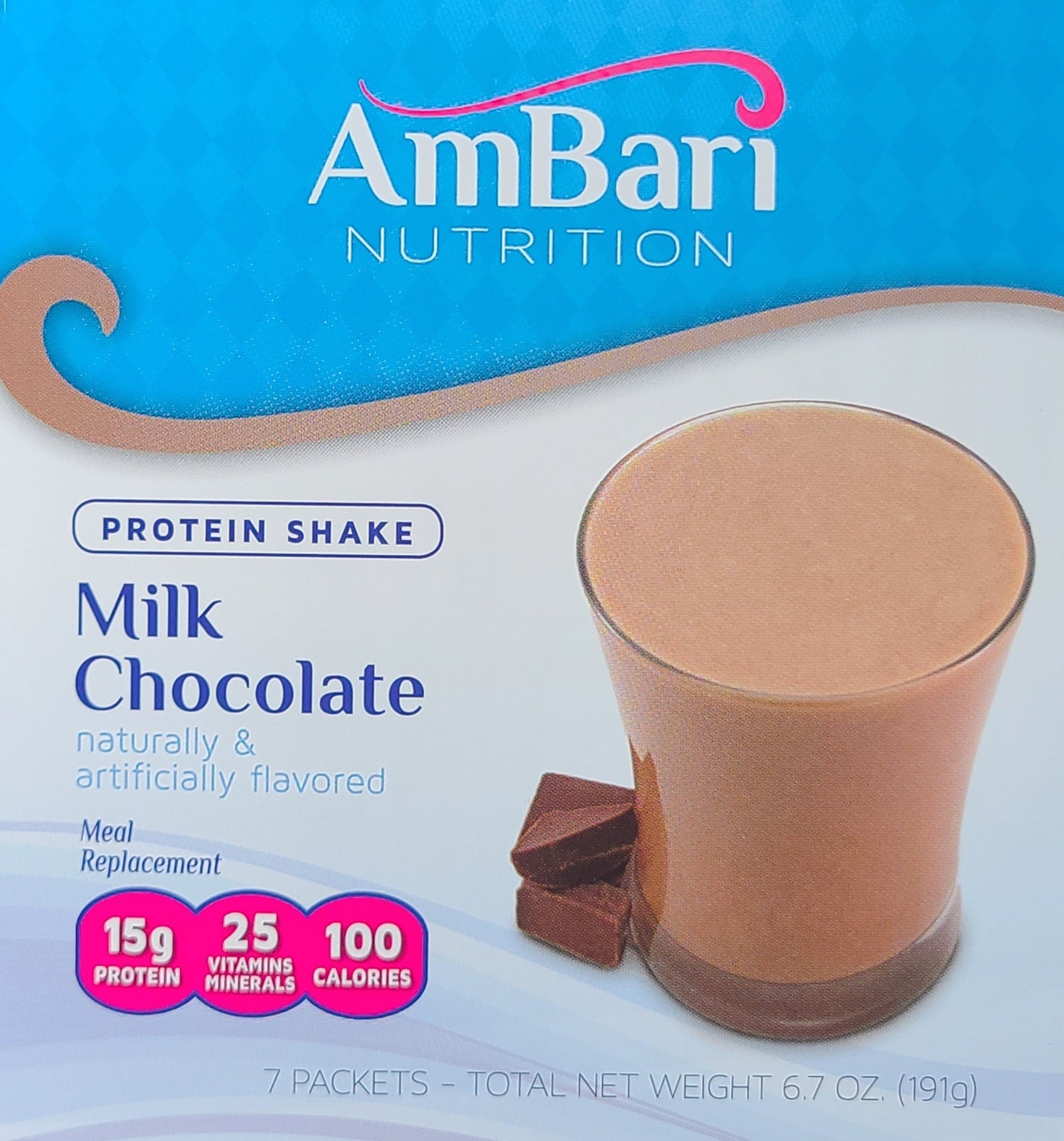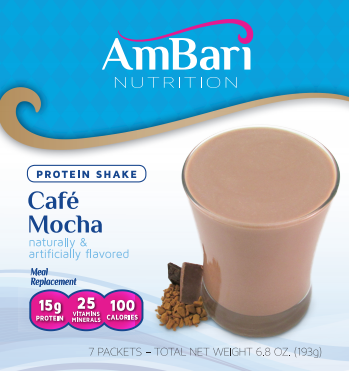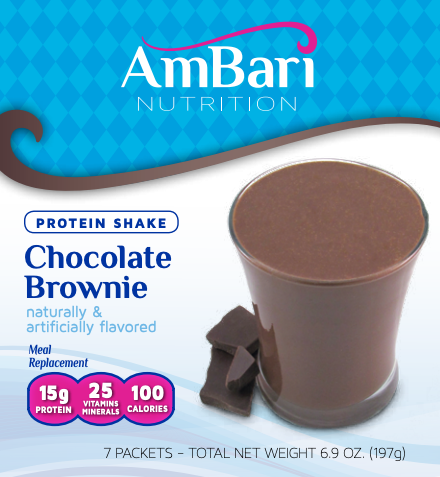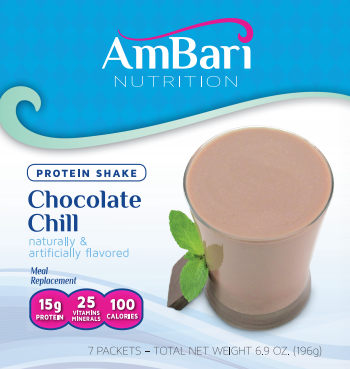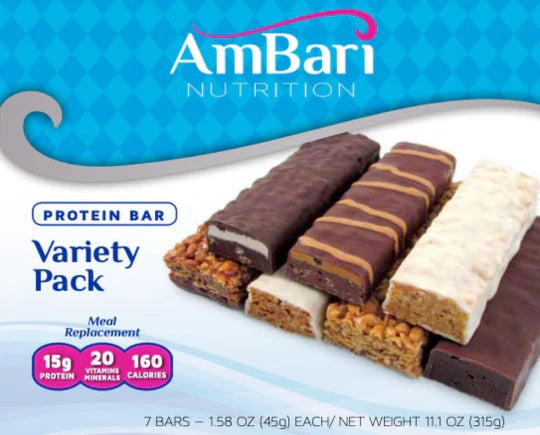Your cart is empty
Analyzing Medical Weight Loss Costs
Medical weight loss is a weight management approach supervised by healthcare professionals. It combines personalized diet plans, exercise programs, behavioral modification, and sometimes medication to help individuals achieve their weight loss goals.
Types of Medical Weight Loss Programs
There are several types of medical weight loss programs, including low-calorie diets, meal replacement plans, and prescription weight loss medications. The type of program recommended will depend on your specific needs, medical history, and weight loss goals.
Benefits of Medical Weight Loss
Medical weight loss programs offer numerous benefits, such as:
- Personalized plans tailored to your unique needs
- Supervision by healthcare professionals
- Support for long-term weight management
- Improved overall health and well-being

Average Costs of Medical Weight Loss
Medical weight loss programs can vary in cost depending on several factors. The average cost of medical weight loss programs is around $1,000. However, the cost can vary based on the number of visits required and what the program entails. For example, shorter programs, such as a 12-week plan for moderate medical weight loss, can cost just a few hundred dollars. Some clients may require longer programs for larger amounts of weight loss, which can cost more in the end. Additionally, most medical weight loss programs require an initial assessment, which can range between $99 and $300. The doctor will create a plan for the patient, which may include supplements and medications that are not included in the program cost.
Factors Affecting the Costs
Duration of the Program
The length of the program can significantly impact the cost. Shorter programs may be more affordable upfront but may not provide the long-term support needed for sustained weight loss.
- Long-Term Programs - Long-term medical weight loss programs, often lasting 6 months or more, may have a higher initial cost. However, these programs generally offer more comprehensive support, including ongoing medical supervision, personalized diet and exercise plans, and behavioral counseling. This extended support can be crucial in helping individuals achieve lasting weight loss success and adopt healthier lifestyle habits.
- Maintenance Phase - After completing the active weight loss phase of a program, many clinics offer a maintenance phase designed to help individuals maintain their new weight and continue practicing healthy habits. The maintenance phase can last anywhere from several months to years, depending on the individual's needs and the program's structure. Maintenance costs can vary but are often lower than the initial program fees, as the focus shifts from active weight loss to ongoing support and accountability.
Type of Program
The type of medical weight loss program you choose will significantly affect the overall cost. Various program types offer different levels of support, frequency of visits, and medical interventions, which can influence the price.
Low-Intensity Programs - Low-intensity programs typically involve fewer visits to the clinic and may focus on education, general nutrition guidance, and self-monitoring. These programs may be more affordable than their high-intensity counterparts but may not offer the same level of personalized support or medical supervision.
High-Intensity Programs - High-intensity medical weight loss programs often involve more frequent visits to the clinic, comprehensive medical supervision, and individualized diet and exercise plans. These programs may also include access to additional resources, such as support groups, behavioral counseling, meal replacements, or weight loss medications. While these programs can be more effective for some individuals, they often come with a higher price tag due to the increased level of support and resources provided.
Meal Replacement Programs - Some medical weight loss programs include meal replacement plans, which provide pre-packaged, portion-controlled meals or meal replacement shakes to help control calorie intake. While these programs can be convenient and effective for weight loss, the cost of meal replacements can be an additional expense to consider.
Programs Including Prescription Medications - Programs that include prescription weight loss medications can be more expensive due to the cost of the medications themselves. These medications, when used in conjunction with lifestyle changes and under medical supervision, can be effective for weight loss.
Surgical Weight Loss Programs - Surgical weight loss programs, such as bariatric surgery, can be a more expensive option but are often recommended for individuals with severe obesity or obesity-related health complications. These programs include pre-surgical evaluations, the surgery itself, post-surgical follow-up appointments, and ongoing support for lifestyle changes.
Location and Facility
The cost of living in your area and the type of facility offering the medical weight loss program can significantly influence the overall price. Regional differences and facility amenities can play a role in determining the cost of these programs.
Cost of Living and Regional Differences - In areas with a higher cost of living, such as major urban centers, medical weight loss programs may be more expensive due to increased overhead costs for the clinic, such as rent, utilities, and staff salaries. Conversely, smaller facilities in rural locations or areas with a lower cost of living may be able to offer more affordable pricing for their programs.
Facility Types and Amenities - Different types of facilities offer varying levels of amenities, which can impact the cost of a medical weight loss program. High-end clinics or wellness centers may provide luxurious surroundings, state-of-the-art equipment, and additional services, such as spa treatments or fitness classes. These added amenities and the overall atmosphere of the facility can contribute to a higher price for the program.
In contrast, smaller clinics or facilities with fewer amenities may offer more affordable pricing for their medical weight loss programs, focusing primarily on essential services such as medical supervision, nutrition counseling, and exercise guidance.
Telemedicine and Remote Programs - Some medical weight loss programs may offer telemedicine or remote options, which can provide more flexibility and potentially lower costs. These programs typically involve virtual consultations, online support groups, and digital resources to help guide you through the weight loss process. Telemedicine options can be especially beneficial for those who live in rural areas or have limited access to in-person facilities.
Cost Breakdown of Medical Weight Loss Programs
- Initial Consultation Fees - Most medical weight loss programs begin with an initial consultation to assess your health and weight loss goals. This consultation may cost anywhere from $100 to $500, depending on the clinic and the services provided.
- Program Fees - The program fees typically include regular appointments with healthcare professionals, personalized meal plans, exercise programs, and ongoing support. These fees can range from $500 to $5,000 or more, depending on the program's duration and intensity.
- Medication and Supplement Costs - If your program includes prescription medications or supplements, these costs can vary widely. Some medications can cost several hundred dollars per month, while others may be more affordable. It's essential to factor these costs into your budget when considering a medical weight loss program.
- Ongoing Support and Maintenance - Once you've reached your weight loss goals, some programs offer ongoing support and maintenance services. These services may include additional appointments, access to support groups, or follow-up consultations. The cost for these services can range from $50 to $200 per month, depending on the level of support provided.
Insurance Coverage and Financial Assistance
Some insurance plans may cover part or all of the costs of a medical weight loss program. However, coverage varies depending on your plan and the specific services provided. It's important to check with your insurance provider to determine what is covered before enrolling in a program.
Additionally, some clinics may offer financial assistance or payment plans to help make their programs more affordable. Be sure to ask about these options when researching medical weight loss programs.
How to Choose the Right Medical Weight Loss Program
When choosing a medical weight loss program, consider the following factors:
- The expertise and credentials of the medical staff
- The type and duration of the program
- The level of personalization and support provided
- The cost of the program and available financial assistance
- Reviews and testimonials from past clients
Conclusion
The cost of medical weight loss can vary widely depending on various factors, such as the type of program, duration, location, and the expertise of the medical staff. It's essential to carefully consider your budget, insurance coverage, and personal weight loss goals when choosing a program. With the right support and guidance, a medical weight loss program can be an effective way to improve your health and achieve lasting weight loss success.
Frequently Asked Questions
Q: How much does medical weight loss typically cost?
A: The cost of medical weight loss can range from $1,000 to over $10,000, depending on factors like the program's duration, type, and location.
Q: Will insurance cover the cost of a medical weight loss program?
A: Some insurance plans may cover part or all of the costs, but coverage varies depending on your plan and the specific services provided. Always check with your insurance provider before enrolling in a program.
Q: Can I find cheaper medical weight loss products online?
A: While it is possible to find cheaper medical weight loss products online, it's essential to exercise caution when considering these options. Many online products may not be regulated or clinically proven to be effective. Additionally, using these products without proper medical supervision could pose potential health risks.
Q: What types of medical weight loss programs are available?
A: There are several types of programs, including low-calorie diets, meal replacement plans, and prescription weight loss medications. The type of program recommended will depend on your specific needs, medical history, and weight loss goals.
Q: What should I consider when choosing a medical weight loss program?
A: When choosing a program, consider factors such as the expertise of the medical staff, the type and duration of the program, personalization and support provided, cost, and available financial assistance.
Q: Are medical weight loss programs effective?
A: Yes, medical weight loss programs can be highly effective when followed correctly and under the guidance of healthcare professionals. They provide personalized plans and support to help individuals achieve their weight loss goals and maintain long-term weight management
Bariatric Guides & Information
More Info
Customer Favorites
- Choosing a selection results in a full page refresh.





